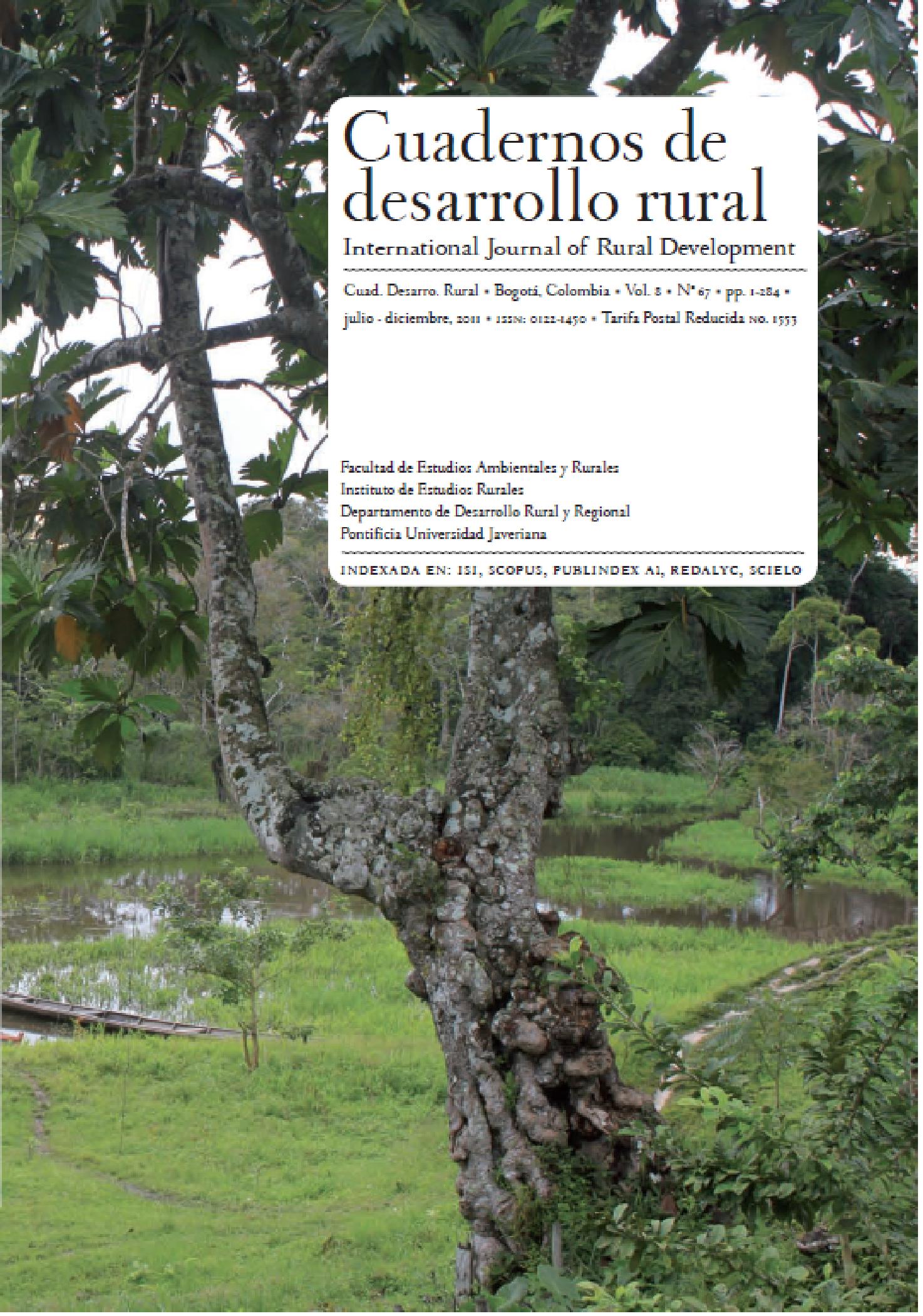Abstract
En la última década se está produciendo un aumento del turismo gastronómico, especialmente del enoturismo y del oleoturismo en España. Cada vez son más las rutas gastronómicas que se certifican, pues son sinónimos de calidad de sus productos, atrayendo un gran número de turistas que desean conocer los productos locales de la zona. El oleoturismo, o turismo del aceite de oliva, puede ser un motor de desarrollo de las zonas rurales, generando rentas complementarias a los agricultores con bajos niveles de ingresos. En esta investigación se analiza un trabajo de campo realizado en el sur de España en el año 2008, donde se encuentra la mayor superficie de olivar cultivado, analizando la demanda de este tipo de turismo, desde un perfil socioeconómico, y la oferta existente para satisfacerla. Entre los resultados obtenidos destacan la falta de interés por parte de las organizaciones privadas, que no se encuentran apenas motivadas por este desarrollo, y el interés creciente del turistaCuadernos de Desarrollo Ruralis registered under a Creative Commons Attribution 4.0 International Public License. Thus, this work may be reproduced, distributed, and publicly shared in digital format, as long as the names of the authors and Pontificia Universidad Javeriana are acknowledged. Others are allowed to quote, adapt, transform, auto-archive, republish, and create based on this material, for any purpose (even commercial ones), provided the authorship is duly acknowledged, a link to the original work is provided, and it is specified if changes have been made. Pontificia Universidad Javeriana does not hold the rights of published works and the authors are solely responsible for the contents of their works; they keep the moral, intellectual, privacy, and publicity rights.
Approving the intervention of the work (review, copy-editing, translation, layout) and the following outreach, are granted through an use license and not through an assignment of rights. This means the journal and Pontificia Universidad Javeriana cannot be held responsible for any ethical malpractice by the authors. As a consequence of the protection granted by the use license, the journal is not required to publish recantations or modify information already published, unless the errata stems from the editorial management process. Publishing contents in this journal does not generate royalties for contributors.


